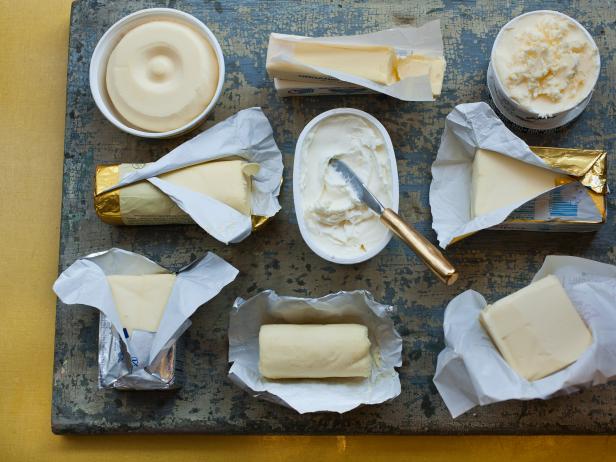guns and butter
I was recently chatting with someone like me, a relatively recent transplant to Yerevan, about the current tensions between Azerbaijan and Armenia. The worry here is that, having won swift capitulation from the ethnic Armenian enclave in Nagorno-Karabakh, Azerbaijan will cross the border into Armenia proper to annex some or all of the Syunik province to connect the exclave of Nakhijevan with Azerbaijan proper. Though there is a lot of fearmongering, and many people are riding their own personal worry-go-rounds, this scenario is not unlikely. My friend Ruben explains some of the background in this interview he gave to Meduza, an opposition media outlet in the RF.
My fellow transplant was struggling to understand how in the last 30+ years since the fall of the Soviet Union, Azerbaijan had become such a military might and Armenia had not. "Have you ever heard of Guns and Butter?" I asked. My interlocutor had not.
Guns and Butter is a role-playing game that simulates world (or regional) geopolitics. Teams of players represent nation states (real or fictional) and each team is given a brief about its natural resources, its needs, and its assets. Teams have to decide whether they will spend their budget on guns or on butter. They can trade with other teams, they can form alliances, they can eavesdrop and spy on each other, they can declare an attack.
Guns and Butter mostly gets played in political science and economics classrooms. When I played in my World Geopolitics gen ed at American lo these many years ago, we had notecards and pencils. I imagine there have probably been technological innovations to the gameplay in the intervening decades. But I'm sure the simulations probably tend to play out the same way. Inevitably there is one group that goes hard for guns. They spend all their upfront money on guns. They sell their natural resources to neighbors and use that money for more guns. They rebuff any overtures toward alliance or collective security. And then they attack their neighbors. The players in this group respond to the ambiguity and lack of structure in the simulation by reaching for the power of violence. Their choices are driven by the fear that if they don't buy guns, other groups will. Kill or be killed. This group usually wins the simulation, but their fictitious people are starving because they have no butter.
Azerbaijan, I said, has spent the last thirty years investing in guns; Armenia has invested in butter. While Azerbaijan has built a military dictatorship with a large, well-equipped standing army trained to be merciless, Armenia has built a liberal democracy with a flourishing civil society. There have been growing pains in Armenia, of course, and vestiges of Soviet attitudes about polity still create roadblocks from time to time. But Armenia has seen peaceful exchanges of power from one administration to the next, and its parliamentary system survived snap elections in 2021. Yerevan is a city full of arts and innovation--hundreds of museums and galleries, theaters, concert halls, universities, business incubators, financial institutions that act as a regional hub. Armenia also has cultivated connections with its world-wide diaspora, whose numbers are greater than the population within the borders of the republic, and created a path to repatriation that many have taken advantage of.
My interlocutor asked whether I though the US is guns or butter. And my assessment is that the US is guns all the way. The arms race of the Cold War was an extended game of Guns and Butter. The US and the USSR each always wanted to present the image of having as much military might as the other because as long as mutual destruction was assured, no one would fire first. The SALT treaties came about when these two superpowers started to realize how ridiculous mutually assured destruction is as a strategy.
In the middle chunk of the twentieth century, from Roosevelt's New Deal to Johnson's Great Society, the US invested in butter as well as in guns: the WPA, the CCC, the FDIC, the NEA and NEH, the NIH, the Clean Air and Water Acts, the EPA, unions and labor rights, OSHA, the Voting Rights Act, the Civil Rights Act--these are all investments in butter. (Eisenhower's interstate system is a great example of simultaneous investment in both guns and butter.) We built a thriving middle class and a world-leading public education system. But the US hasn't been keeping up this investment in butter in a long time. We're coasting on our past investments, and the butter is running out. Student debt, declining generational wealth, declining life expectancy, declining household savings rates, public universities gutting their faculty are all indicators of insufficient investment in civil society.
Personally, I'd rather live in a butter society. Guns are overrated.
 |
| Photo ganked from The Food Network |



Comments
Post a Comment